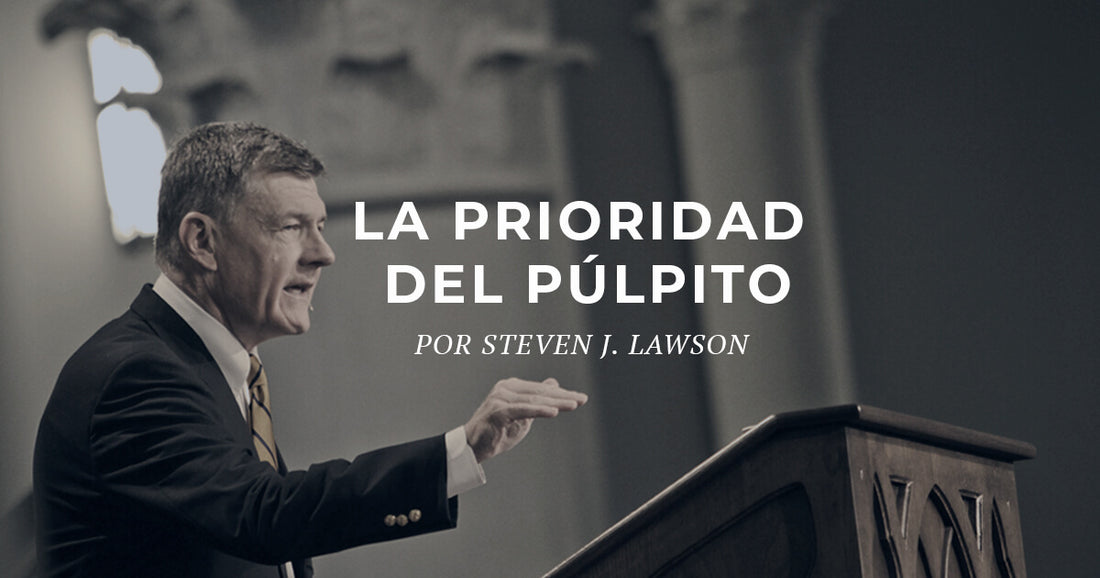
What did John Calvin think about preaching and the pulpit?
Share
Calvin believed that biblical preaching should occupy a primary place in the worship service. What God has to say to man is infinitely more important than what man has to say to God. If the congregation is to worship properly, if believers are to be edified, if the lost are to be converted, the Word of God must be expounded. Nothing should displace the Scriptures from the primary place in the public meeting.
The priority of biblical preaching in Calvin's thought is undeniable: “Wherever the Word of God alone is preached and the sacraments are administered according to the institution of Christ, there, without a doubt, exists a church of God.” On the other hand, “a congregation where heavenly doctrine is not preached does not deserve to be recognized as a church.” In summary, Calvin held that biblical exposition must occupy a primary place in the worship service, meaning that preaching is the primary function of the minister.
But just any kind of preaching is not enough. Calvin wrote, “The truth of God can only remain through the preaching of the gospel.” He added: “God will prepare His church only by the preaching of His Word, not by the devices of men [which are wood, hay and straw].” He knew that when biblical preaching disappears, doctrine and piety go with it: “Without sound preaching, there will be no piety.” Simply put, Calvin believed that the only way the church can be built up is by “the preaching of the gospel, which in itself is full of great majesty.” Biblical preaching is that necessary and that noble.
According to the Geneva Ordinances of 1542, which Calvin himself wrote, the main task of the pastor, elders and ministers is to announce the Word of God to instruct, admonish, exhort and rebuke, and no other figure in the history of the Church practiced this better than Calvin. He declared: “The goal of a good teacher is to make men take their eyes off the world and look toward heaven.” Likewise, “the task of the theologian is not to entertain, but to strengthen consciences by teaching everything that is true, certain and profitable.” This is true preaching.
As the theology of the Reformation was established—largely through Calvin's public exposition—dramatic changes began to occur throughout Europe. The Bible exposition returned to its central place in the church. James Montgomery Boice emphasized this realignment when he wrote:
When the Reformation hit Europe in the 16th century, there was an immediate exaltation of the Word of God in Protestant services. John Calvin carried out this with great thoroughness, ordering that the altars, which had been the center of the Latin masses for centuries, be removed from the churches and replaced by pulpits with Bibles. This was not to be on one side of the sanctuary, but in the very center, where each line of the architecture directed the gaze of the worshiper towards the only Book that contains the way to salvation and indicates the principles with which the church of the living God must be governed.
Calvin's convictions always emphasized the priority of the pulpit. When the Bible was opened, a reformation was unleashed.

